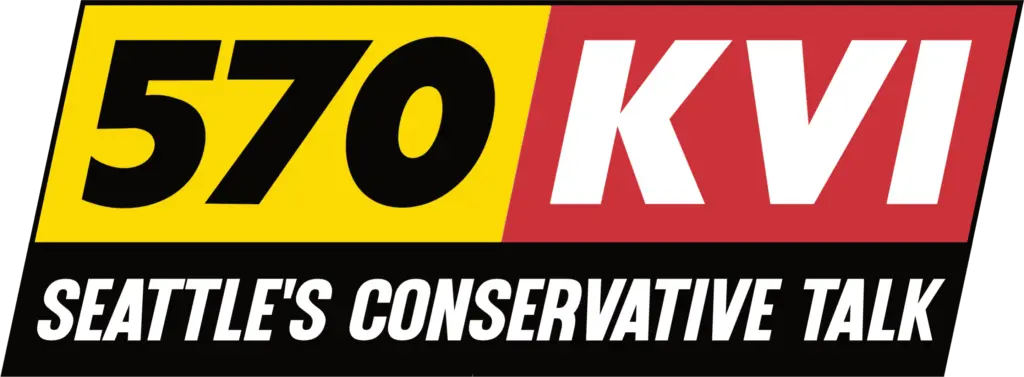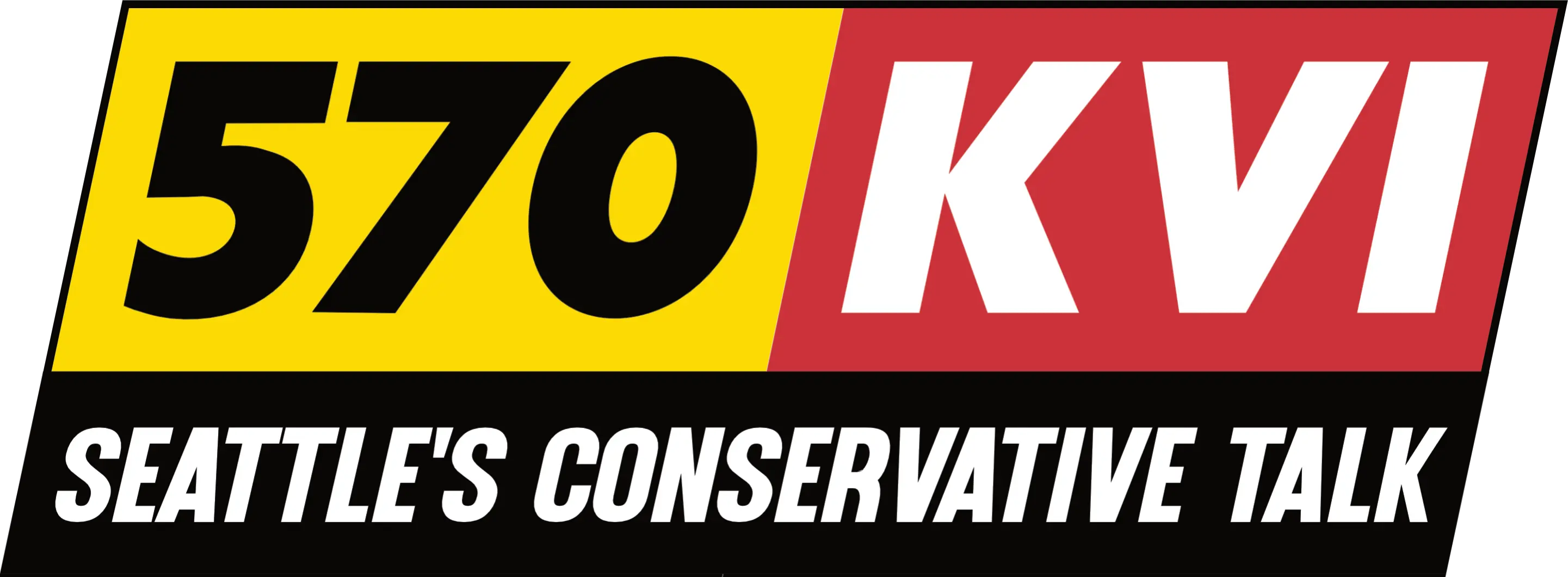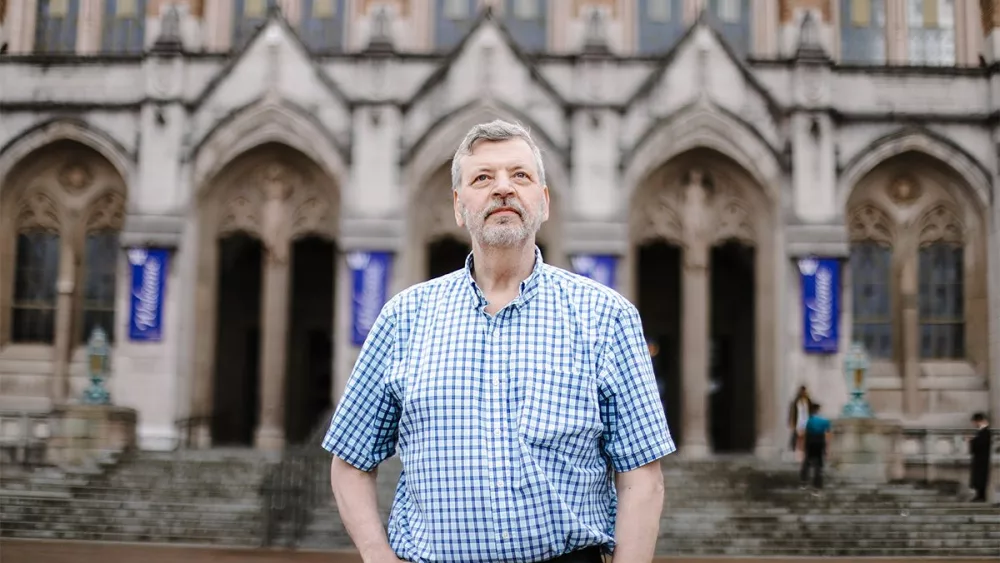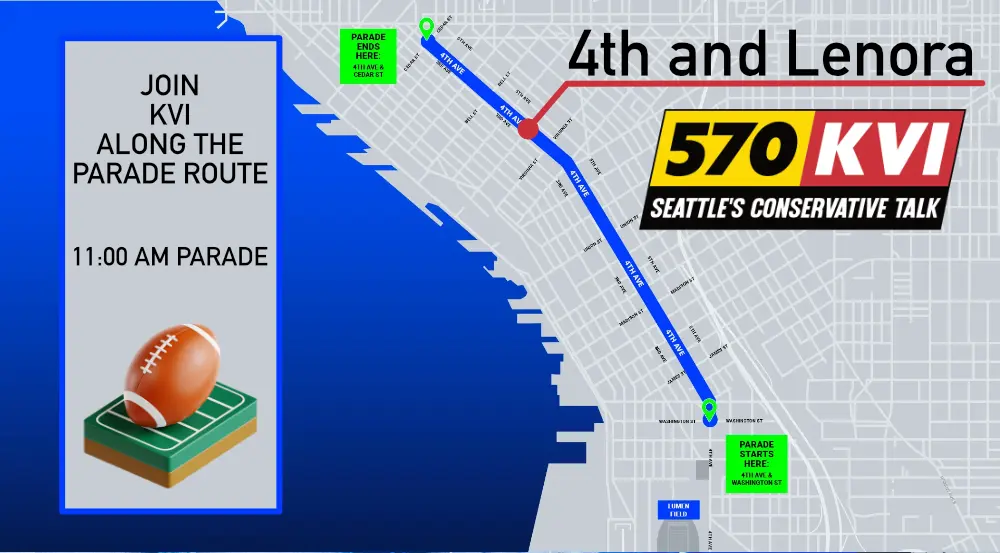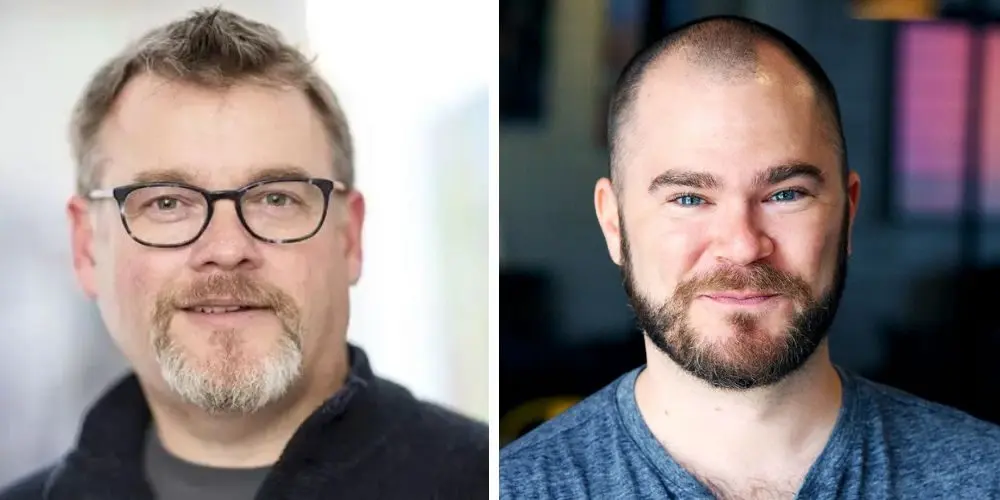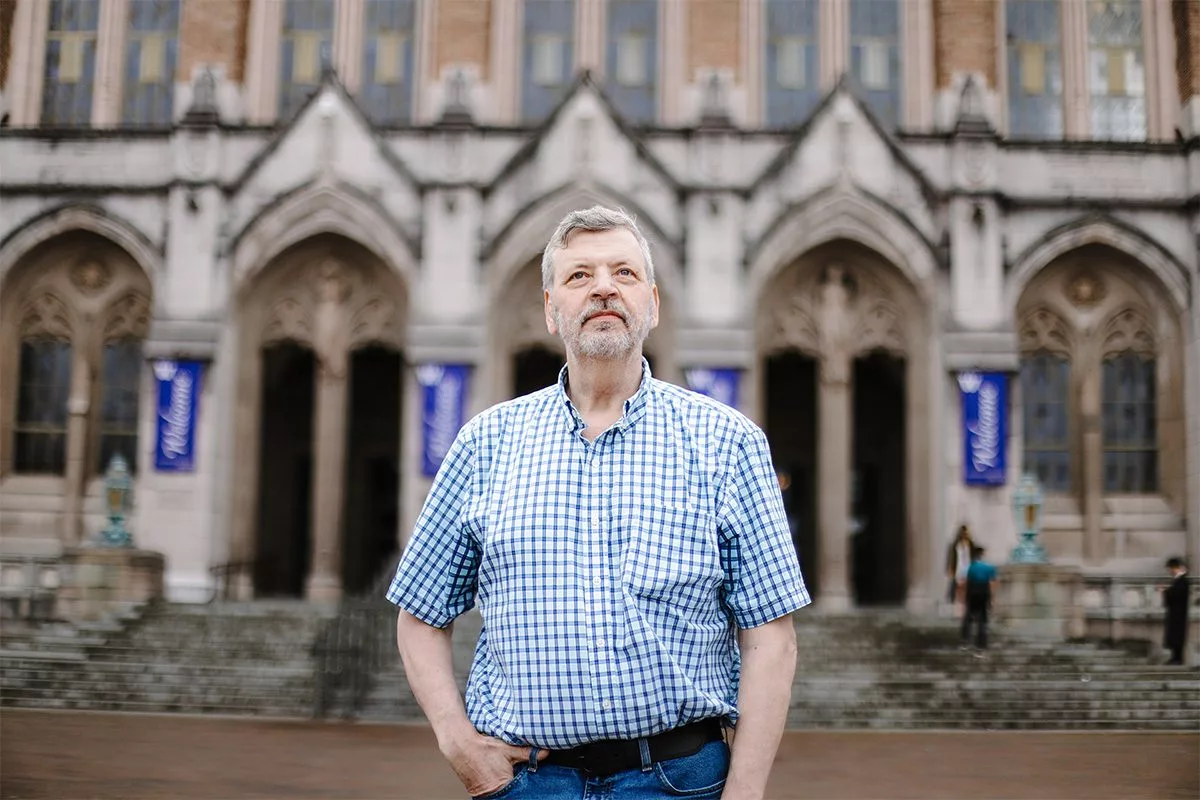
A case with major implications for free speech on campus is heading to the U.S. Court of Appeals for the Ninth Circuit this week, as University of Washington professor Stuart Reges challenges what he calls a violation of his First Amendment rights.
On Thursday, May 15, oral arguments will be heard in Reges v. University of Washington, a case sparked by Reges’ refusal to follow a university directive to include a specific “land acknowledgment” statement in his computer science course syllabus. Rather than use the university-approved language, Reges penned his own:
“I acknowledge that by the labor theory of property, the Coast Salish people can claim historical ownership of almost none of the land currently occupied by the University of Washington.”
The university deemed the statement inappropriate, censored his syllabus, issued apologies to students, created an alternate course section, and launched a year-long investigation that Reges says threatened his employment. Ultimately, he was barred from teaching required courses, effectively sidelining him in the department.
"I've been pushing back against these DEI initiatives at @UW for a long time. There was a suggestion that we have a land acknowledgement on our course syllabus. These things are stupid, performative acts of conformity… So I did a parody version…they didn't appreciate it."… pic.twitter.com/G2twoDpTA8
— Ari Hoffman 🎗 (@thehoffather) May 15, 2025
“I thought I had two choices—either ignore the land acknowledgment or conform. Then I realized there was a third option: write one they wouldn’t like,” Reges told Ari Hoffman on Talk Radio 570 KVI.
“So I did a parody version of it,” Reges continued. “They did not appreciate it. They went crazy, they apologized to my students, they censored my syllabus, they created an alternate section students could switch into, they started an investigation against me that could lead to me being fired, all because I did a parody version of a land acknowledgement.”
The legal fight began in earnest after the university’s response, with Reges receiving support from the Foundation for Individual Rights and Expression (FIRE), a prominent free speech advocacy organization. Although the district court initially sided with the university, Reges appealed the decision in May 2024, hoping to set a legal precedent that protects faculty expression in public universities.
“This isn’t just about me. The courts have consistently held that public university professors have special First Amendment protections,” Reges explained. “We believe the Ninth Circuit will overturn the district ruling.”
Reges has long voiced opposition to diversity, equity, and inclusion (DEI) policies at the university, criticizing them as performative and ideologically coercive. He considers his parody land acknowledgment a form of protest against what he sees as mandated political speech in academia.
The case has gained renewed attention amid broader debates about campus expression, particularly in the wake of geopolitical tensions and shifts in public perception since October 7. Reges noted how some universities, including UW, are now cracking down on anti-Semitic rhetoric—something he views as a response to external pressure rather than a change in institutional values.
“They’re under the microscope now,” Reges said, referencing recent federal investigations into universities’ handling of antisemitism. “Last spring, they allowed encampments and lawbreaking. This year, they quickly suspended 21 students for occupying a building. It’s a complete turnaround—but I think it’s more about protecting funding than principles.”
When asked whether he still wants to teach at UW, given the hostile environment, Reges was candid.
“It’s not fun to be at the University of Washington right now. And even if Trump or others want to change education, the conservative voices that could help are already gone or never entered academia. It’s a systemic issue.”
Despite the challenges, Reges remains committed to the legal fight, arguing that his case could have lasting implications for academic freedom and the future of DEI enforcement in public education.
“This could be a precedent-setting case,” he said. “It’s about whether a professor at a public university can be punished for expressing a controversial opinion. If we lose that, we lose the university as a place for real debate.”
Listen to The Ari Hoffman Show, weekdays 3-6 PM Pacific on Talk Radio 570 KVI, 101.5 FM HD-3, KVI.com & the KVI app. Subscribe to the show on your preferred podcast platform.

